
Doctors Reveal the Reasons Why More and More Young People Are Getting Cancer
In recent years, a worrying trend has emerged in the field of public health: the increasing number of young people being diagnosed with cancer. Once considered a disease more common among the elderly, cancer is now appearing in individuals in their 20s, 30s, and even teens. This shift has alarmed both the medical community and the general public. What’s causing this rise? Doctors and researchers have pointed to several key factors that may help explain this unsettling phenomenon.
One of the primary culprits is modern lifestyle choices, particularly diet and physical inactivity. Many young people today consume large amounts of processed foods, sugary beverages, and red meat while lacking fruits, vegetables, and fiber in their daily meals. Such diets are linked to inflammation, obesity, and metabolic disorders—all of which are known risk factors for several types of cancer, including colon, breast, and pancreatic cancer. Combined with increasingly sedentary lifestyles, these habits contribute to a toxic internal environment where cancer cells can thrive.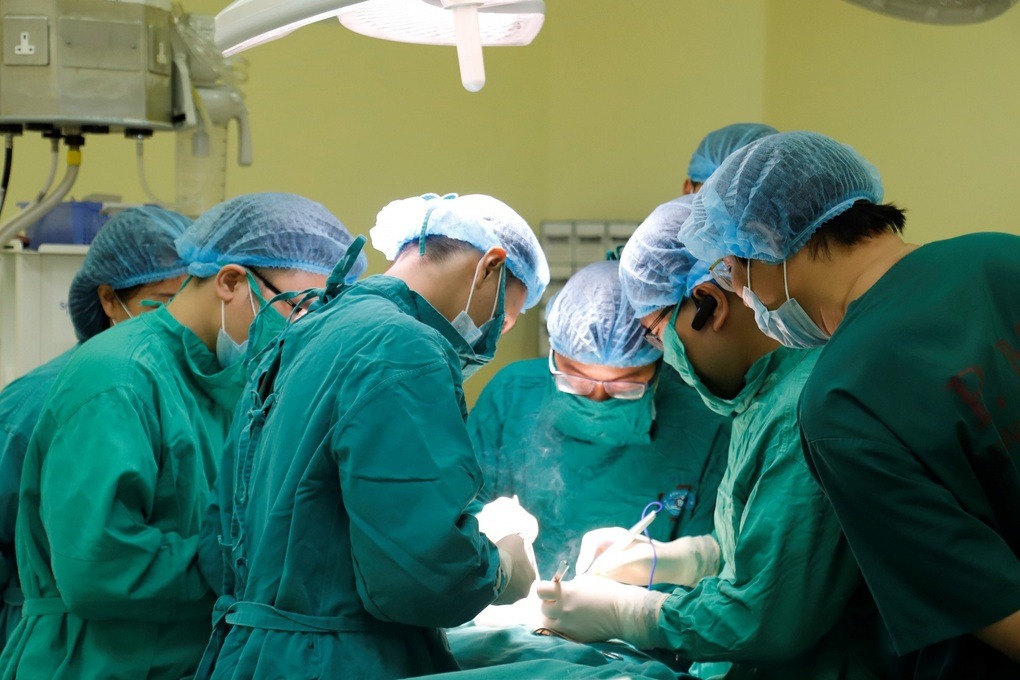
Another major concern is environmental exposure to harmful substances. From air pollution to microplastics in our food and water, young people are growing up in environments filled with toxins that previous generations were less exposed to. Endocrine-disrupting chemicals found in plastics, cosmetics, and even household cleaners can interfere with hormone regulation, increasing the risk of hormone-related cancers such as breast and testicular cancer. Long-term exposure to low levels of radiation from phones and electronic devices is also being studied as a possible contributing factor.
Doctors also highlight the role of chronic stress and mental health. Young people today face immense pressures—from academic demands to social media comparison and economic uncertainty. Prolonged stress weakens the immune system and can alter how the body responds to cellular damage. While stress alone doesn’t cause cancer, it creates conditions that may make it easier for cancerous cells to grow unchecked.
Moreover, early-onset cancer is now linked to changes in the gut microbiome, which plays a key role in immunity and inflammation control. Poor diet, overuse of antibiotics, and lack of fiber have been shown to disrupt the balance of gut bacteria. This imbalance may trigger inflammation or reduce the body’s ability to identify and destroy harmful cells early on.
Additionally, delayed or irregular medical check-ups in young people contribute to late diagnoses. Many youth and even doctors assume that cancer is a “disease of the old,” and thus early symptoms—such as fatigue, weight loss, or irregular bleeding—are often ignored or misattributed to less serious conditions. By the time cancer is diagnosed, it’s often at a more advanced stage, making treatment more difficult.
However, it's important to note that genetic predisposition still plays a role. Inherited mutations, such as BRCA1 and BRCA2 for breast cancer, are significant, especially in families with a history of cancer. But genetics alone cannot explain the rising numbers. As Dr. Lindsay Wu, a researcher in cancer biology, puts it: “Genes load the gun, but lifestyle pulls the trigger.”
In response to these findings, doctors are urging young people to take preventative steps seriously. This includes maintaining a healthy weight, avoiding tobacco and excessive alcohol, reducing processed food intake, managing stress, and getting regular screenings—especially if there's a family history of cancer.
In conclusion, the rise of cancer among young people is a multifactorial issue, rooted in both lifestyle and environmental changes. While the data is concerning, it also offers an opportunity for early education, healthier choices, and policy changes. With greater awareness and proactive healthcare, we can hopefully reverse this trend before it becomes the new normal.
News in the same category


Military Sleep Method Is 96% Successful and Will Send You to Sleep in Two Minutes
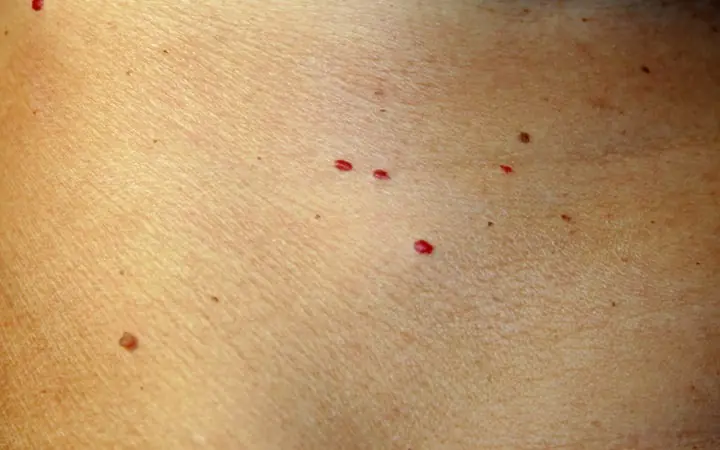
WHAT DO THESE RED DOTS ON YOUR SKIN MEAN?

7 Early Signs Your Heart May Be in Danger – Don’t Ignore #3!

If you have these two holes in your back, it means you don’t…Read more

Exact amount of time one single cigarette takes off your life revealed in new study

Breakthrough male birth control pill just passed human safety testing

What Mixing Vinegar, Salt, and Water Does?
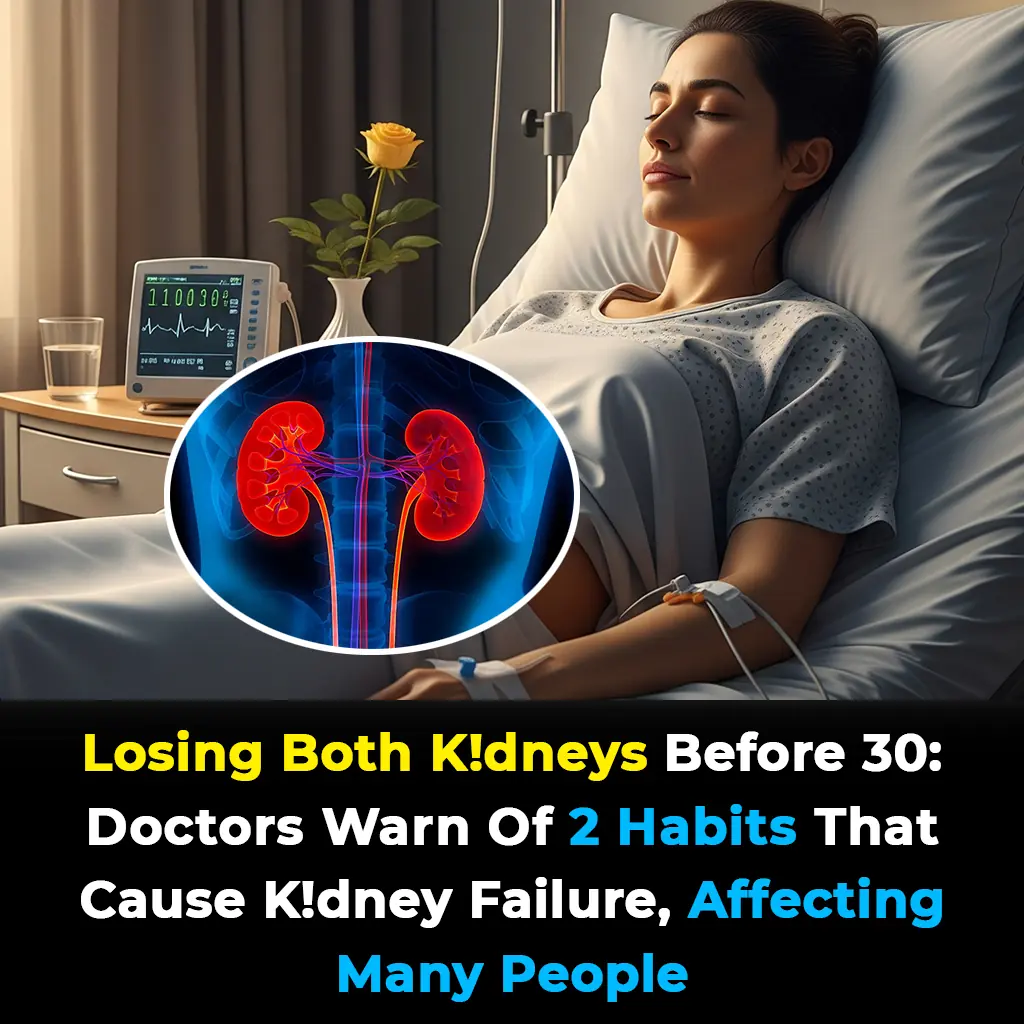
Doctors Warn: These 2 Daily Habits Are Destroying Kidneys—Many Lose Both Before Age 30
Doctors warn that both of these habits—excessive sodium intake and overuse of paink:illers—are preventable.

Teen Warns Others After Doctors Ignored Symptom That Led To Her Collapsing In Class

According to a Psychologist, Narcissists Always Display This One Trait. Here’s What to Do If You See It

Man Who Drank 7 Liters Of Soda Daily For A Decade Suffers Severe Health Consequences
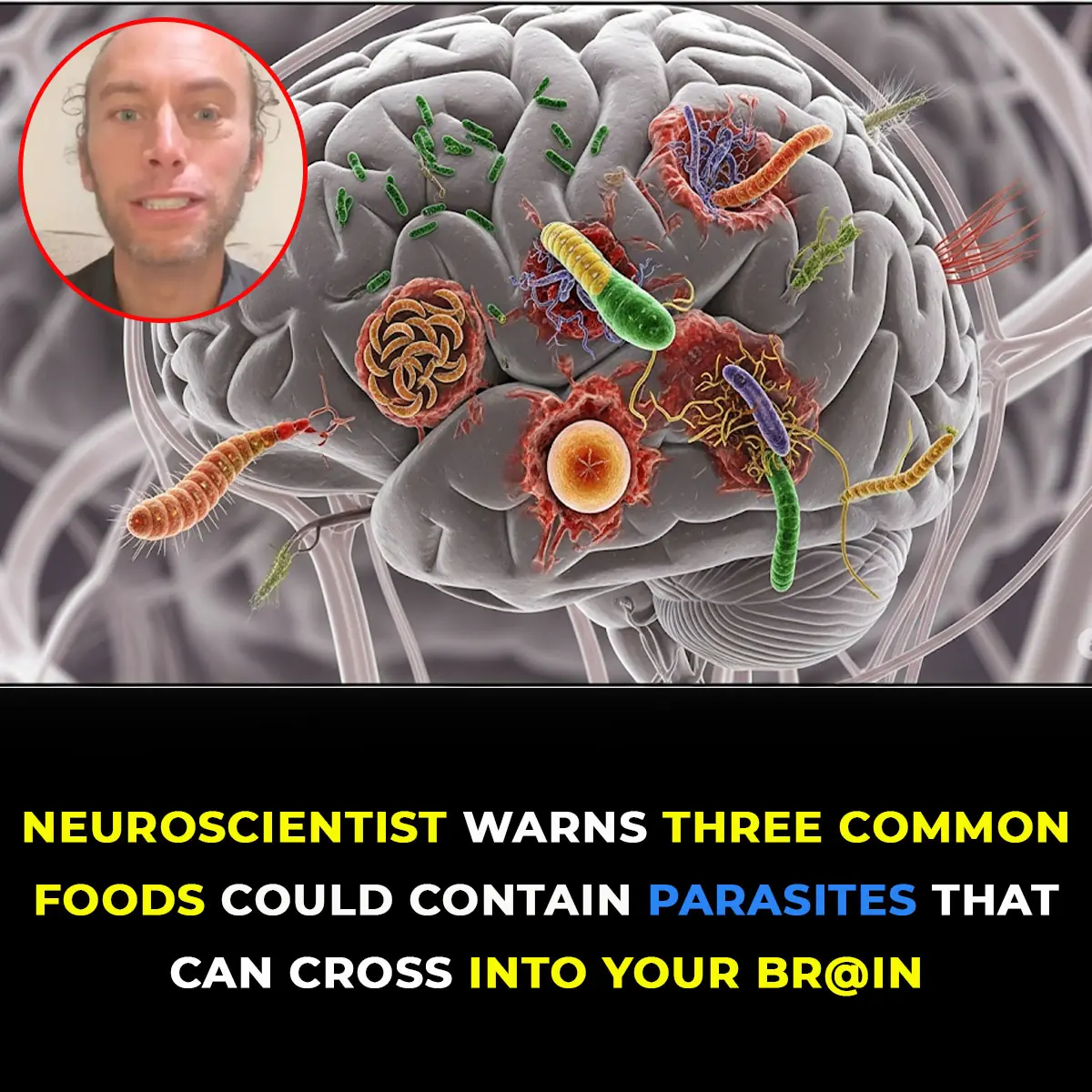
Could Your Food Be Hiding P@rasites? Neuroscientist Claims 3 Foods Can Cross into Your Br@in
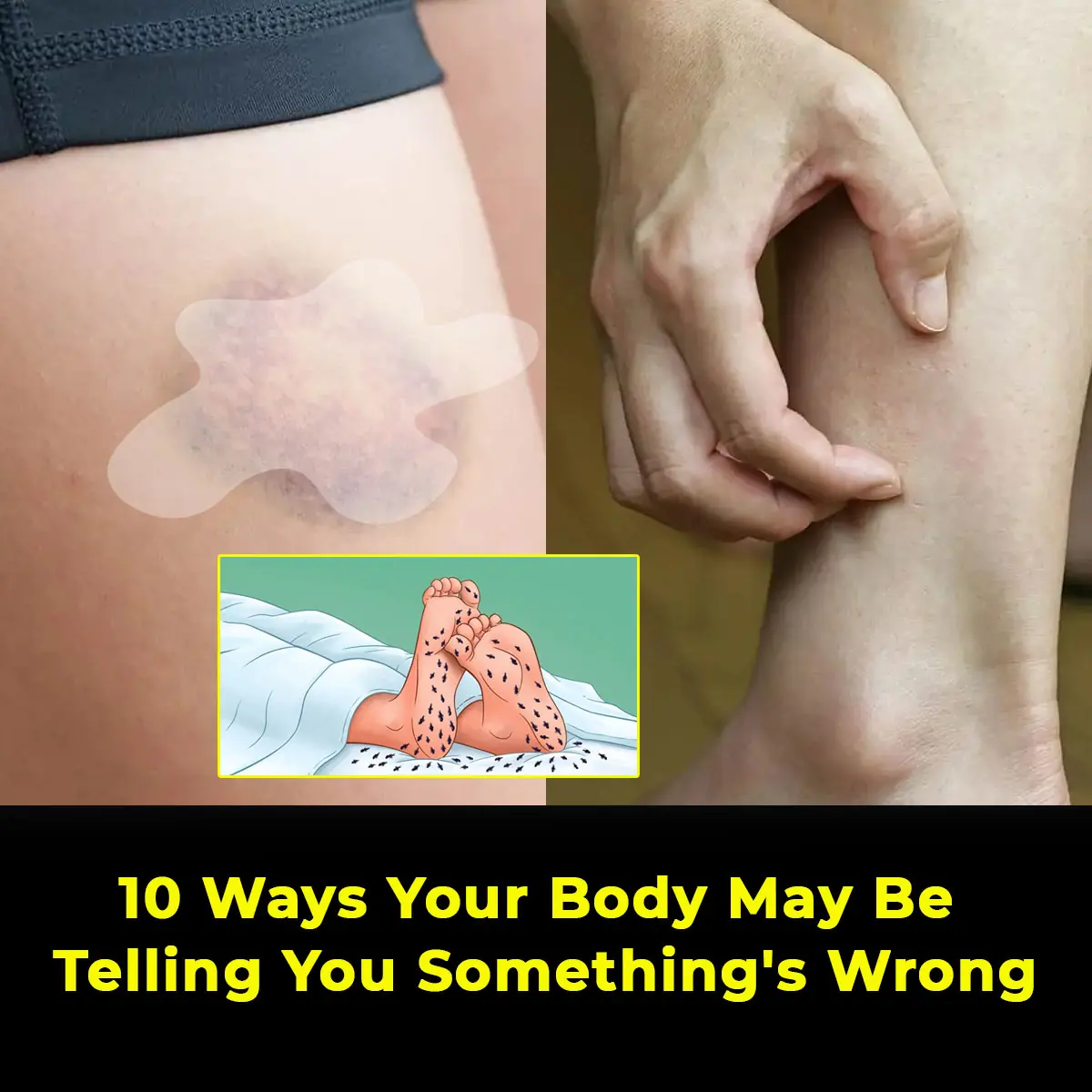
Don’t Ignore These 10 Signs – Your Body May Be Telling You Something’s Wrong

Drink Clove Water for One Month and These 5 Benefits Will Follow
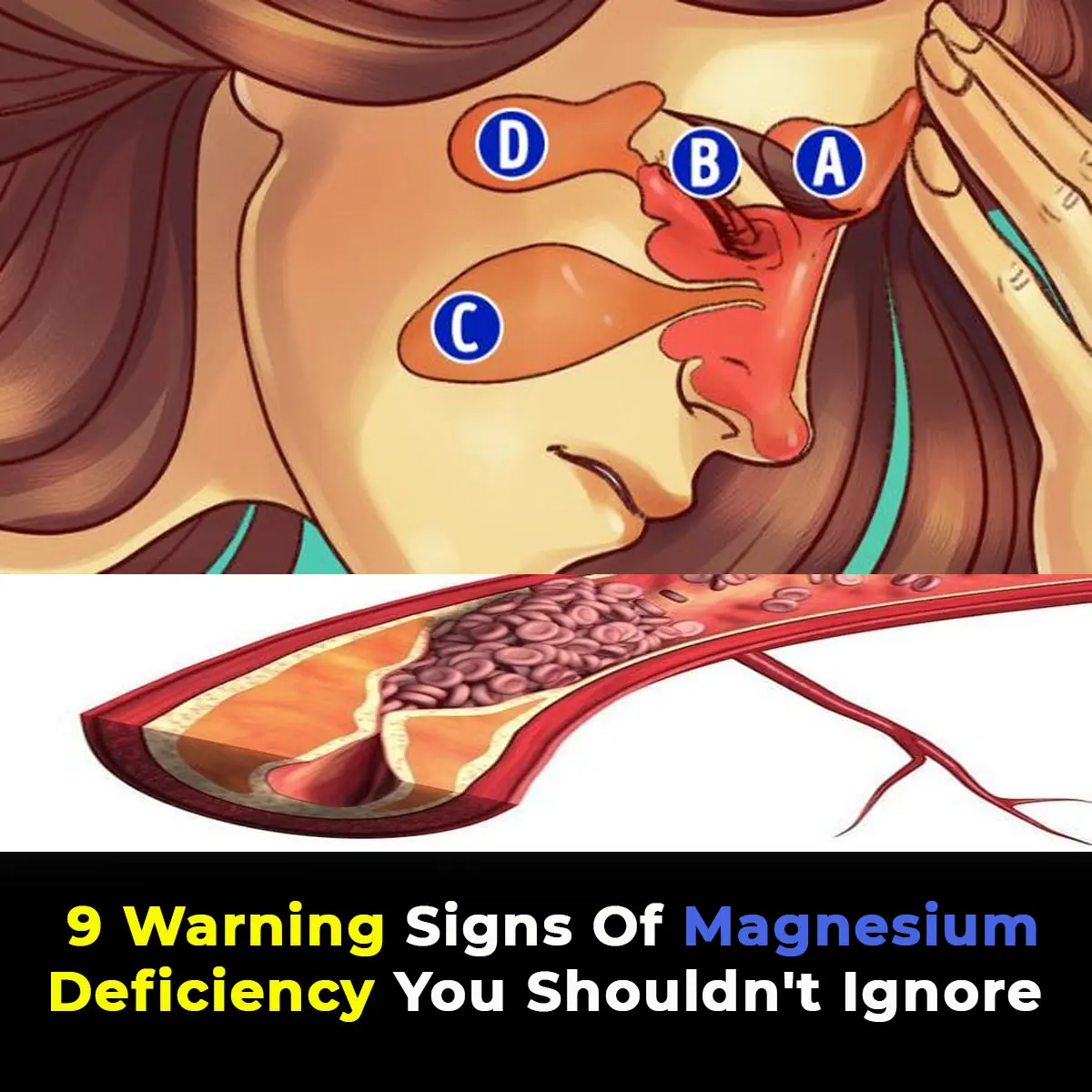
Why Are 80% of People Magnesium Deficient? The Answer Will Surprise You

First Male Birth Control Pill Revealed—Here’s What It Does to the Body
The first male birth control pill that is hormone-free has been shown to be safe in a trial
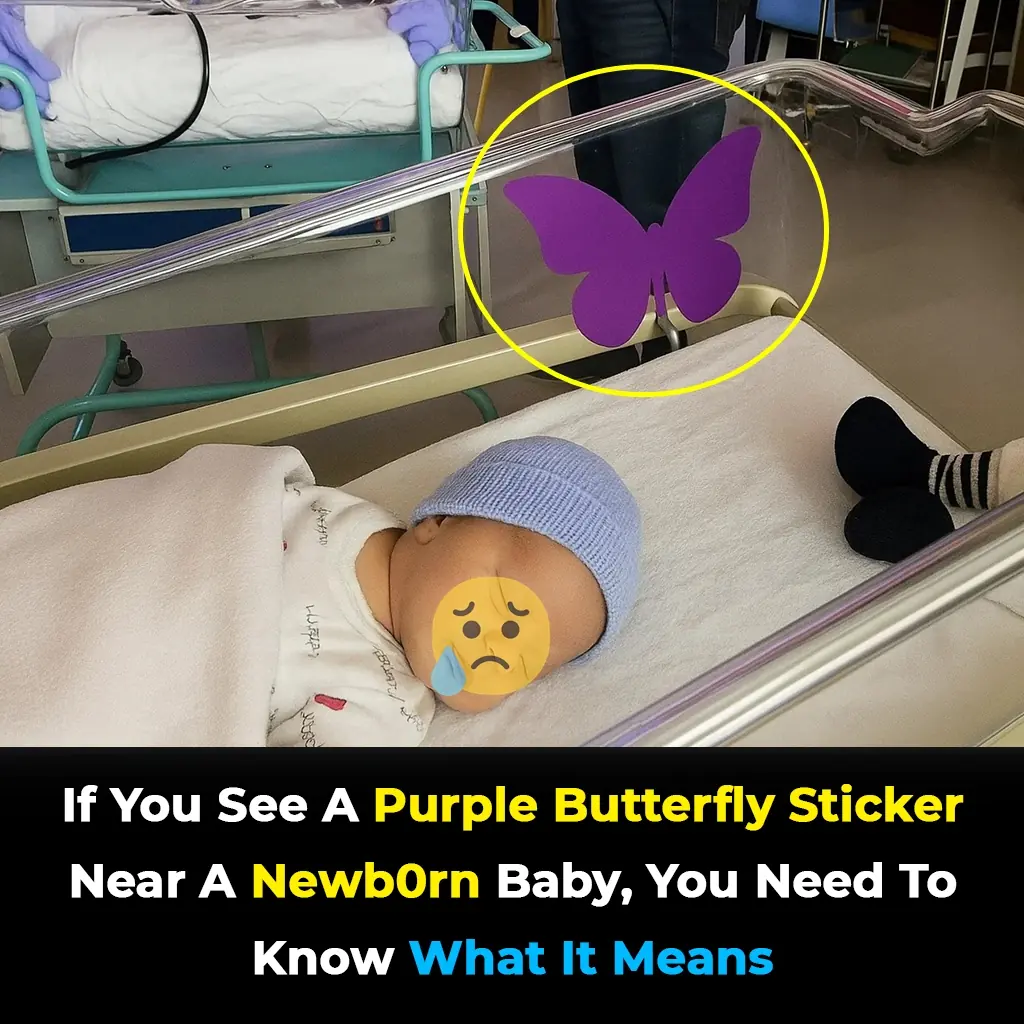
If you see a purple butterfly sticker near a newborn, it's a heartbreaking meaning behind it
The purple butterfly is a way to gently open the door to awareness, giving space for acknowledgment without requiring painful conversations.
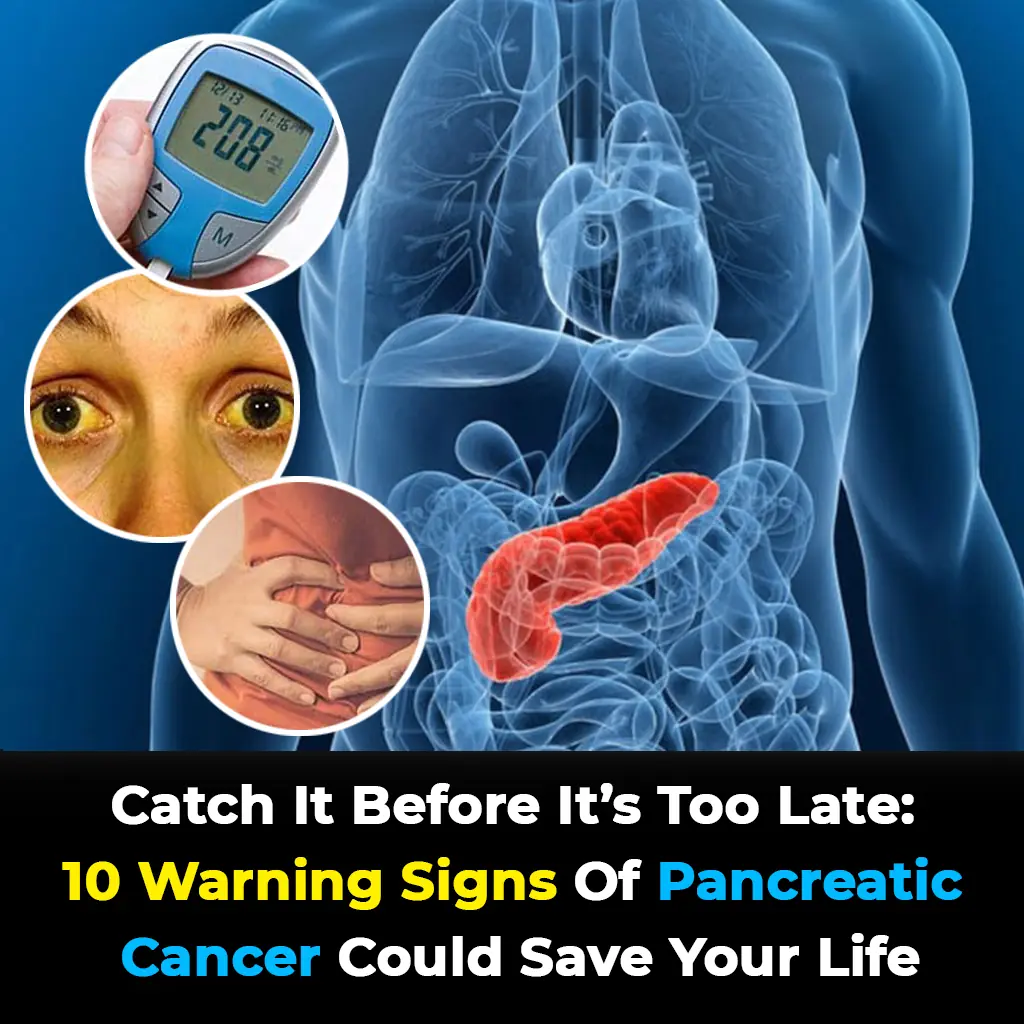
10 Warning Signs of Pancreatic Cancer Could Save Your Life
Pancreatic cancer remains one of the most challenging cancers to detect and treat. Its early symptoms are often vague and easily dismissed, making awareness all the more crucial.

Doctor Shares 30-Second Hand Test That Could Reveal Hidden Brain Tumor
News Post

Chaos as cruise ship passengers 'left behind' following major tsunami in Hawaii

Urgent warning issued to all iPhone users following release of iOS 18.6

13 of The Best Natural Muscle Relaxers to Help With Cramps

Military Sleep Method Is 96% Successful and Will Send You to Sleep in Two Minutes

WHAT DO THESE RED DOTS ON YOUR SKIN MEAN?

Skywatchers Delight: Dual Meteor Showers And Upcoming Celestial Events

Global Tsunami Alarms Following 8.8‑Magnitude Earthquake—Sixth Strongest On Record

7 Early Signs Your Heart May Be in Danger – Don’t Ignore #3!

If you have these two holes in your back, it means you don’t…Read more

Volcano Eruption Adds To Chaos After 8.8-Magnitude Quake Rocks Russia’s Far East

Scientists Spark Debate Over Interstellar Visitor’s Strange Behavior

Exact amount of time one single cigarette takes off your life revealed in new study

Breakthrough male birth control pill just passed human safety testing
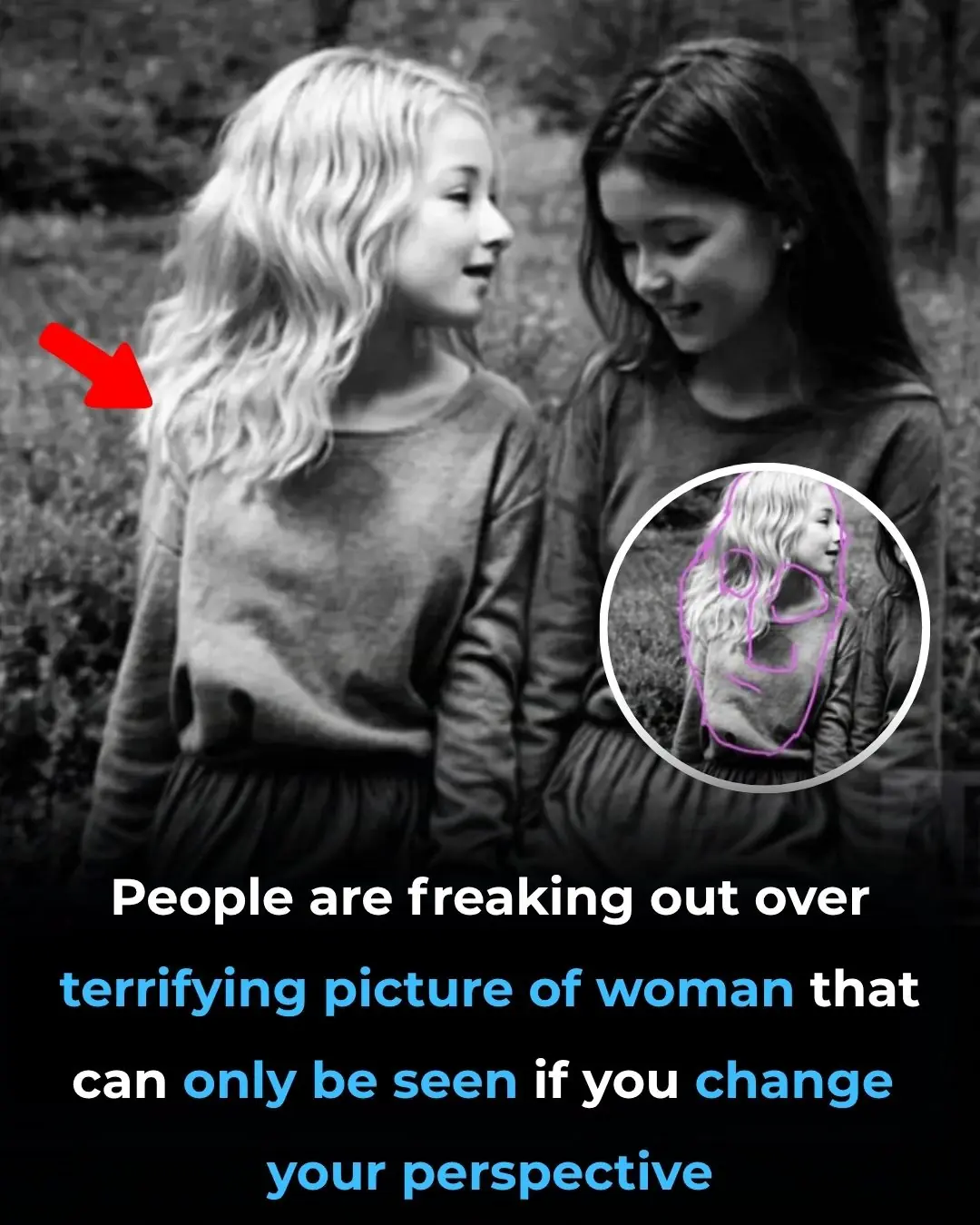
Terrifying Optical Illusion Of A Woman Only Visible At A Certain Angle Leaves People Freaking Out

3-year-old boy finds a 16th century gold pendant worth $4M while playing with his dad’s metal detector

You’ll Never Guess What Happened at These 3 Weddings

What Mixing Vinegar, Salt, and Water Does?

Doctors Warn: These 2 Daily Habits Are Destroying Kidneys—Many Lose Both Before Age 30
Doctors warn that both of these habits—excessive sodium intake and overuse of paink:illers—are preventable.

Ancient Warning Emerges On Hawaiian Shore Days Before Massive Earthquake
